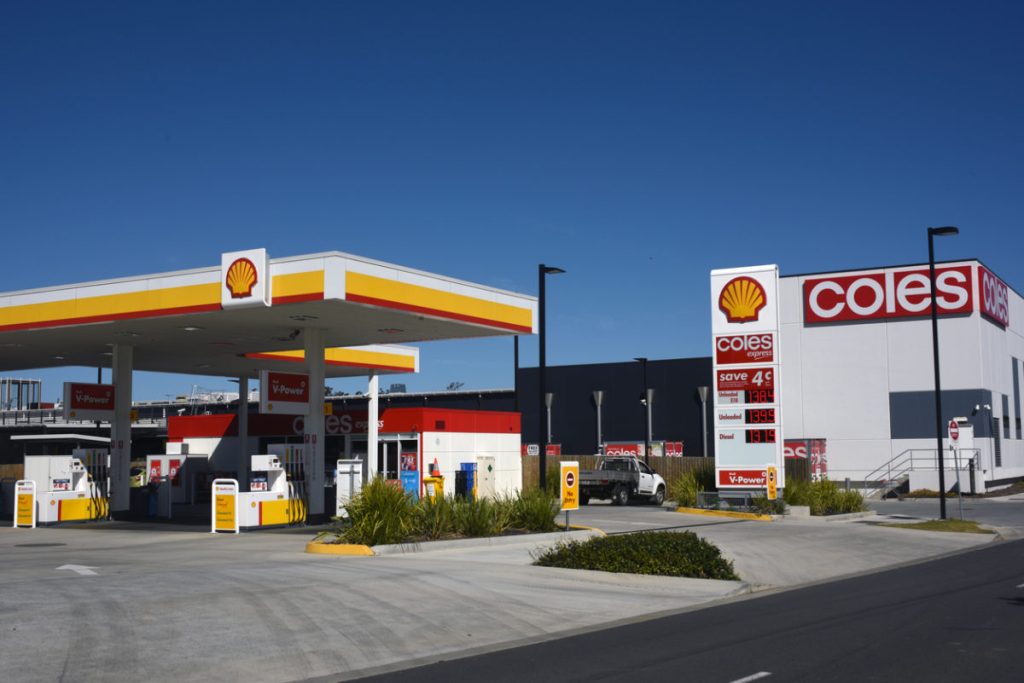Viva Energy has said that its recovery program is on track and the business is back in the black in the first half of 2021.
The company felt the impacts of the pandemic in 2020, with fuel sales plummeting and its Geelong Refinery reporting a $30 million loss in the September quarter, leading Viva Energy to temporarily consider its long-term viability.
CEO and Managing Director, Scott Wyatt said: “Viva Energy has delivered very strong first half performance driven by strong sales growth in our non-aviation businesses, supportive margins, and an improved refining performance since returning to full production in late 2020.”
Retail Alliance sales volumes were impacted by short-term lockdowns averaging 58.4 million litres per week in the period to 30 June 2021, and broadly in-line with levels achieved in in the first half of 2019.
Premium petrol sales were up seven per cent on the first half of 2019 and now represent approximately 30 per cent of total petrol sales, reflecting increased consumer demand for premium fuels and the continued roll-out and uptake of V-Power through the broader Shell branded network.
“While retail fuel sales continue to be impacted by periodic lockdowns, and aviation by ongoing border closures, overall growth across all retail and commercial channels has been very encouraging with total Petrol and Diesel sales volumes up four per cent and 16 per cent respectively on 1H2019, as a comparison to pre-COVID demand,” continued Wyatt.
“Refining remains challenging, but supported by strong production levels, receipt of the short-term production payment grant, and the long-term fuel security package commencing 1 July 2021 that minimises the downside volatility of refining margins. Our recovery program remains on track, and I am very pleased with the performance of the business.”
As a result of the fuel security package, Viva Energy is now proceeding with major maintenance activity, such as the Hydrofluoric Acid Alkylation plant, that was deferred from 2020 with an expected investment of $25-35 million (in-line with prior guidance).
In addition, the company is undertaking preliminary studies to commence the necessary capital upgrades to the Refinery to manufacture low sulphur gasoline. The capital costs associated with this project and other associated projects, are expected to be up to approximately $250 million, with the Federal Government to contribute up to a maximum of $125 million (or 50 per cent) of the capital costs.

